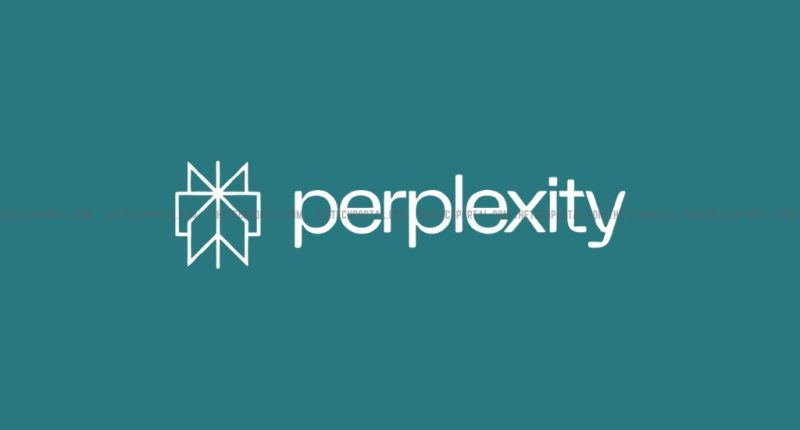After Anthropic, its now AI startup Perplexity AI which is announcing several updates to its product lineup. The company has expanded its Perplexity Pro subscription with the latest AI models, including Claude 3.7 Sonnet, GPT-4o, and Gemini, among others. Additionally, Perplexity revealed that it is developing a web browser named Comet.
Coming to the AI models first, Perplexity Pro, the company’s premium subscription service priced at $20 per month, now offers users access to a range of the newest AI models. Perplexity CEO Aravind Srinivas announced the same, revealing that Perplexity Pro will give users access to the likes of OpenAI’s GPT-4o, Anthropic’s Claude 3.7 Sonnet (which was launched recently), xAI’s Grok, Google DeepMind’s Gemini, and Perplexity’s proprietary Sonar model, which runs on Cerebras hardware. Additionally, users can now utilize DeepSeek R1, o3-mini, and Deep Research models directly from the search bar’s mode selector, the post added.
In addition to this, Srinivas added that the advanced reasoning capabilities of Claude 3.7 Sonnet will soon be integrated into the AI firm’s Reasoning and Deep Research tools. This integration is expected to improve multi-step problem-solving and code generation, which is set to cater to casual users and professionals alike.
Claude 3.7 Sonnet is now available with Perplexity Pro.
We've tested the model internally for some time now and have observed a noticeable improvement in agentic workflows and code generation.
Try it now by switching your "AI Model" in settings. pic.twitter.com/GZkZqAi4q4
— Perplexity (@perplexity_ai) February 25, 2025
And in addition to this, Perplexity is also gearing up to venture into the competitive web browser market with Comet, a browser designed to incorporate AI-driven functionalities. The company revealed the project on the erstwhile Twitter, inviting users to sign up for beta access via a dedicated waitlist. While specific details regarding the browser’s features remain undisclosed, Perplexity has positioned Comet as a new product. Currently, Perplexity’s search engine (which utilizes large language models to provide real-time information in conversational formats) currently processes over 100 million queries per week.
“Just like Perplexity reinvented search, we’re also reinventing the browser,” a Perplexity spokesperson stated in an email to TechCrunch. The company added that Comet will leverage “agentic search,” which suggests that the browser will leverage agentic AI to go beyond traditional search functions by performing tasks and making decisions on behalf of users.
Still, Perplexity’s entry into the browser space places it in direct competition with established players such as Google Chrome, Microsoft Edge, and Mozilla Firefox. Chrome currently dominates the market, and even major tech companies have struggled to capture a significant share. Microsoft’s integration of AI features into Bing and Edge, for example, has had limited success in challenging Google’s dominance. Other competitors include the likes of emerging AI-native browsers like Dia, developed by The Browser Company, which is set to roll out sometime this year. Dia enables users to issue natural language commands directly through the search bar, such as locating documents, creating calendar events, or finding specific webpages.
The Tech Portal is published by Blue Box Media Private Limited. Our investors have no influence over our reporting. Read our full Ownership and Funding Disclosure →





